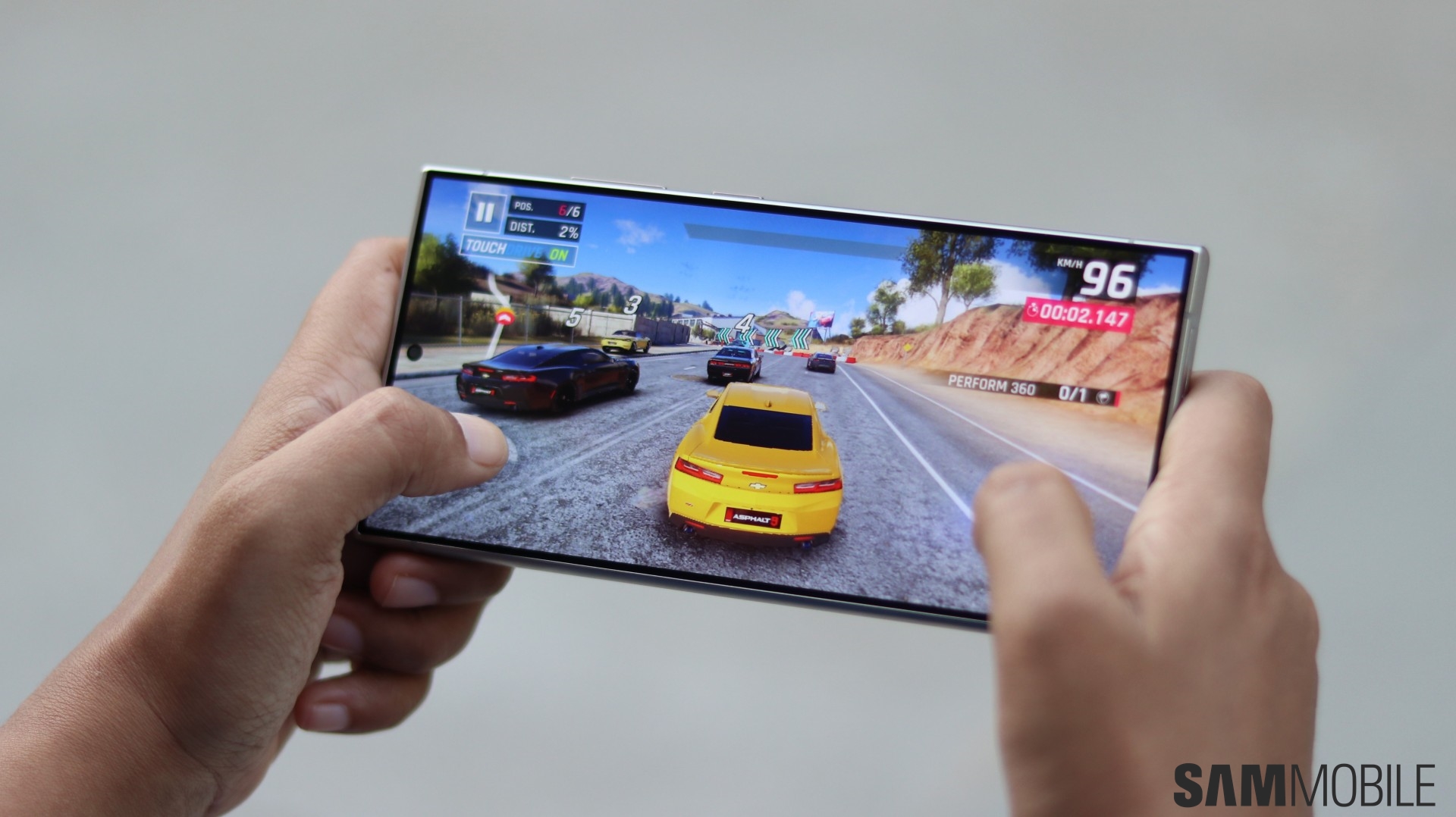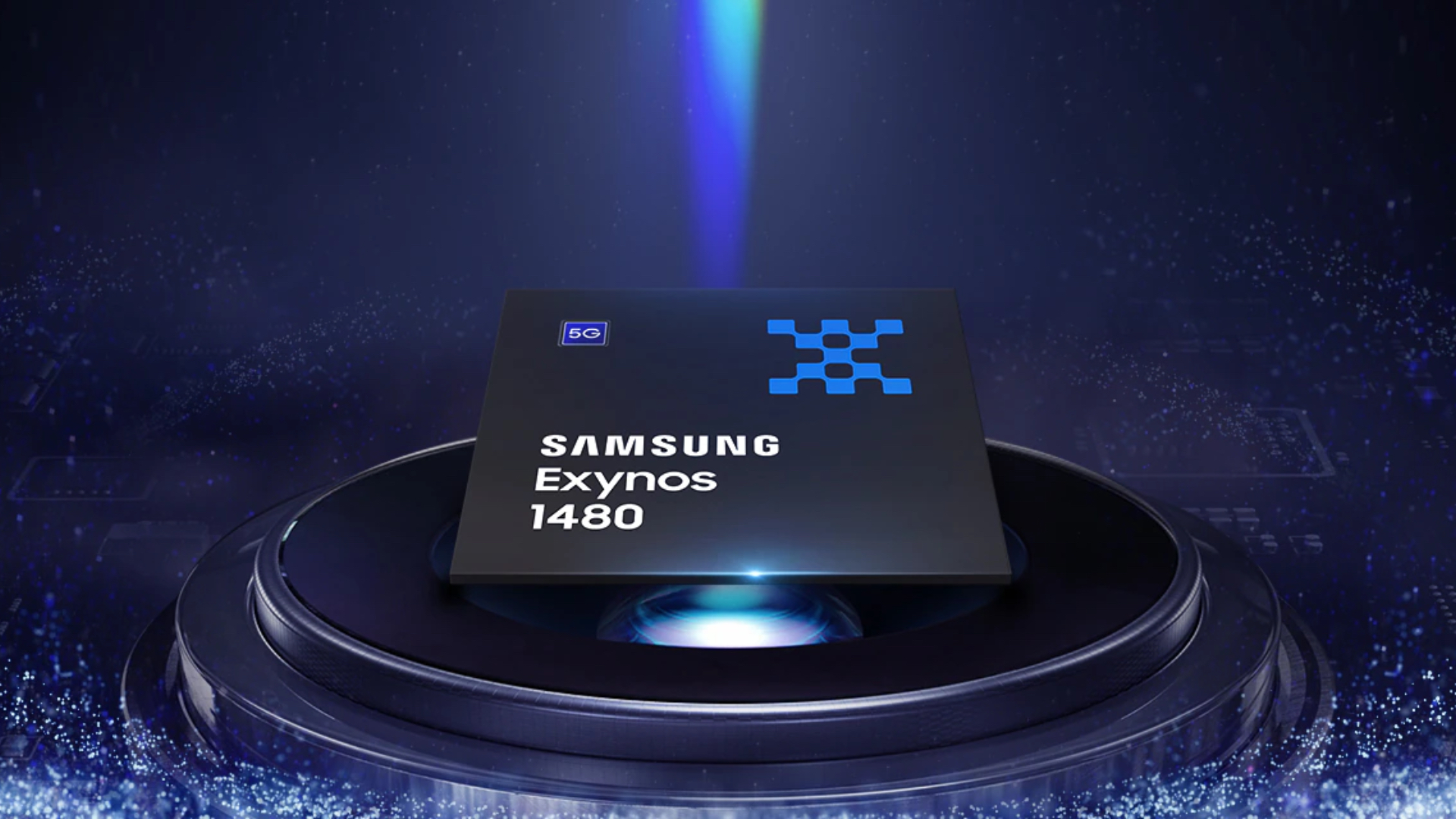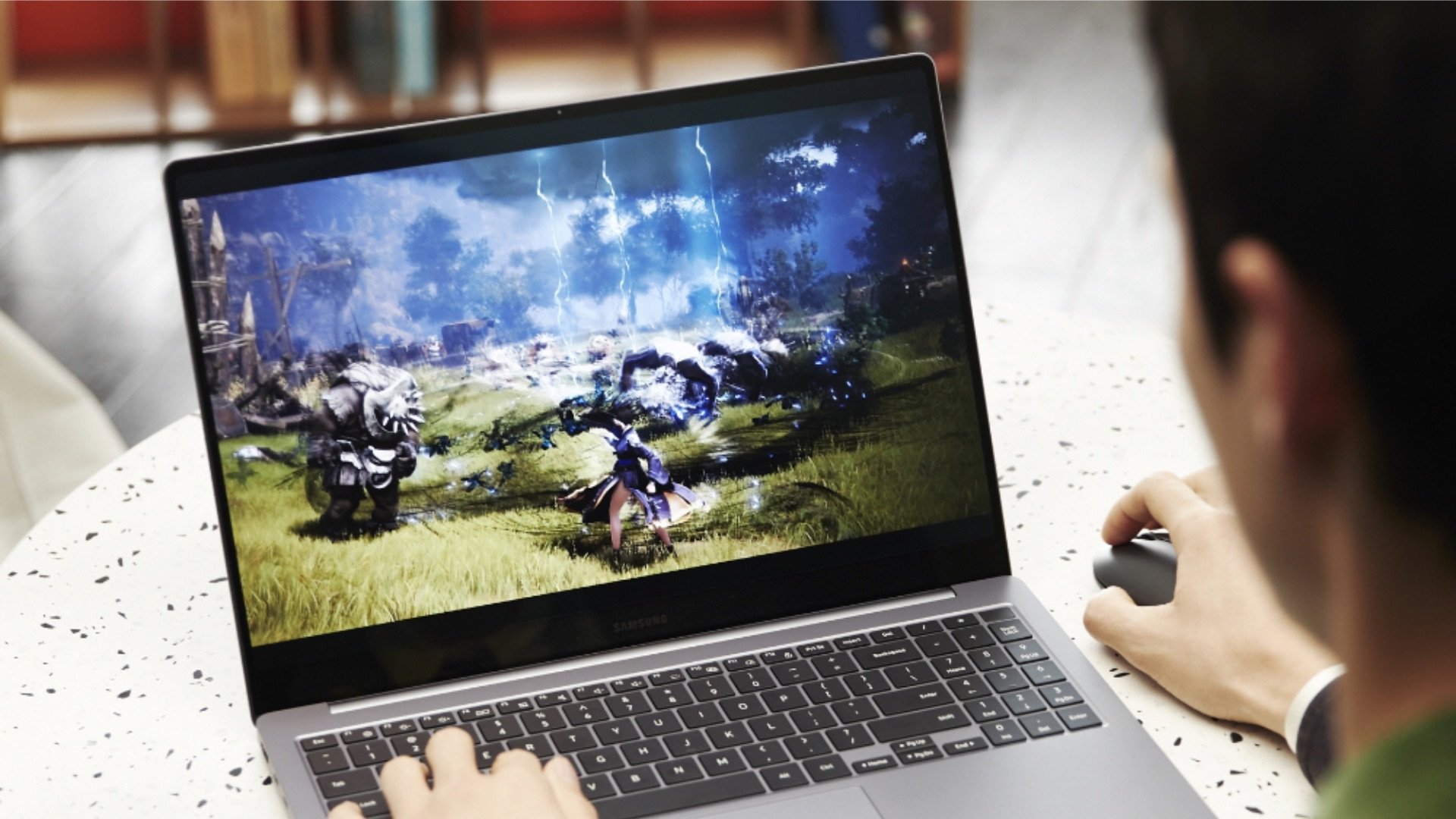
AMD and Nvidia could launch ARM-based processors for PCs in 2025
According to a report from Reuters, AMD and Nvidia are planning to launch their first ARM-based processors for laptops and PCs that run the Windows operating system. Earlier, Microsoft had exclusively partnered with Qualcomm for ARM-based Windows devices. However, that exclusivity is ending soon, opening doors for more brands, including AMD and Nvidia. Microsoft also developed its own ARM-based processors for some of its Surface laptops in collaboration with Qualcomm. In the past, Microsoft launched Windows RT with support for ARM-based Nvidia Tegra processor, but that experiment failed.
ARM-based chips are expected to bring huge gains in power efficiency, offering much longer battery life than competing x64 or x86-based chips from AMD and Intel. ARM-based chips will also likely provide better wireless connectivity, complete with 5G. Even Qualcomm is expected to launch a brand-new ARM-based chip that could provide performance and power efficiency similar to Apple's MacBooks that use its M series ARM-based processors.
Intel is the only brand with no plans to launch ARM-based processors for Windows PCs. It will soon launch its 14th Gen Meteor Lake processors, and the company claims that it can offer Apple M1 and M2 levels of performance with its 14th Gen Intel Core processors, thanks to a combination of performance and efficiency CPU cores and a dedicated NPU on the chip.
Samsung could launch more ARM-based Galaxy Book laptops in the future
Samsung has launched Galaxy Book laptops in the past, featuring Qualcomm's ARM-based Snapdragon processors. However, they haven't seen much success, but that could change as more brands launch ARM-based processors. Microsoft is looking to focus more on bringing app compatibility and efficiency to such devices with the future versions of its Windows operating system.


















